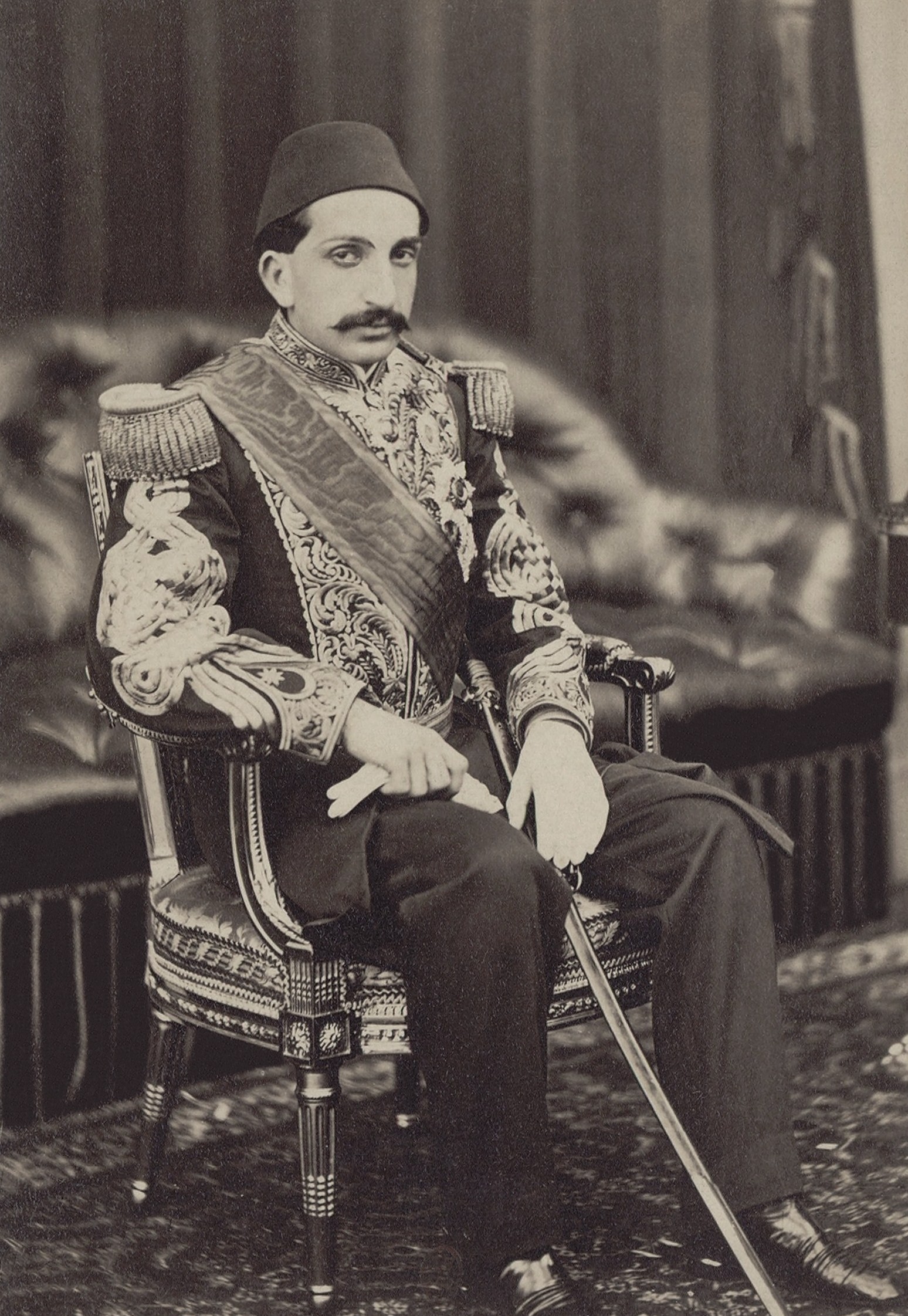|
Theodor Herzl
Theodor Herzl; he, תֵּאוֹדוֹר הֶרְצְל, Te'odor Hertzel; Hebrew name given at his brit milah: Binyamin Ze'ev. (2 May 1860 – 3 July 1904) was an Austro-Hungarian Jewish journalist, lawyer, writer, playwright and political activist who was the father of Types of Zionism, modern political Zionism. Herzl formed the World Zionist Organization, Zionist Organization and promoted Aliyah, Jewish immigration to Palestine (region), Palestine in an effort to form a Jewish state. Due to his Zionist work, he is known in Hebrew as (), . He is specifically mentioned in the Israeli Declaration of Independence and is officially referred to as "the spiritual father of the Jewish State". Herzl was born in Pest, Hungary, Pest, Kingdom of Hungary, to a prosperous Neolog Judaism, Neolog Jewish family. After a brief legal career in Vienna, he became the Paris correspondent for the Viennese newspaper ''Neue Freie Presse''. Confronted with antisemitic events in Vienna, he reached th ... [...More Info...] [...Related Items...] OR: [Wikipedia] [Google] [Baidu] |
Pest, Hungary
Pest () is the eastern, mostly flat part of Budapest, Hungary, comprising about two-thirds of the city's territory. It is separated from Buda and Óbuda, the western parts of Budapest, by the Danube River. Among its most notable sights are the Inner City (Budapest), Inner City, the Hungarian Parliament Building, Heroes' Square (Budapest), Heroes' Square and Andrássy Avenue. In colloquial Hungarian language, Hungarian, "Pest" is often used for the whole Capital (political), capital of Budapest. The three parts of Budapest (Pest, Buda, Óbuda) united in 1873. Etymology According to Ptolemy the settlement was called ''Pession'' in ancient times (Contra-Aquincum). Alternatively, the name ''Pest'' may have come from a Slavic word meaning "furnace", "oven" (Bulgarian ; Serbian /''peć''; Croatian ''peć''), related to the word (meaning "cave"), probably with reference to a local cave where fire burned. The spelling ''Pesth'' was occasionally used in English, even as late as the e ... [...More Info...] [...Related Items...] OR: [Wikipedia] [Google] [Baidu] |
Aliyah
Aliyah (, ; he, עֲלִיָּה ''ʿălīyyā'', ) is the immigration of Jews from Jewish diaspora, the diaspora to, historically, the geographical Land of Israel, which is in the modern era chiefly represented by the Israel, State of Israel. Traditionally described as "the act of going up" (towards the Jerusalem in Judaism, Jewish holy city of Jerusalem), moving to the Land of Israel or "making aliyah" is one of the most basic tenets of Zionism. The opposite action—emigration by Jews from the Land of Israel—is referred to in the Hebrew language as ''yerida'' (). The Law of Return that was passed by the Knesset, Israeli parliament in 1950 gives all diaspora Jews, as well as their children and grandchildren, the right to relocate to Israel and acquire Israeli citizenship on the basis of connecting to their Jewish identity. For much of Jewish history, their history, most Jews have lived in the diaspora outside of the Land of Israel due to Jewish military history, various hi ... [...More Info...] [...Related Items...] OR: [Wikipedia] [Google] [Baidu] |
Sixth Zionist Congress
The Sixth Zionist Congress was held in Basel, opening on August 23, 1903. Theodor Herzl caused great division amongst the delegates when he presented the "Uganda Scheme", a proposed Jewish colony in what is now part of Kenya. Herzl died the following year. Background Following the success of Der Judenstaat, published in 1896, and the First Zionist Congress the following year, Theodor Herzl had become the undisputed leader of the Zionist movement. He envisioned a mass migration of Jewish people "on a very large scale" to Palestine and that the colony should be "secured by public law". For the next seven years Herzl devoted himself to achieving this vision. His first approach was an attempt to gain Ottoman backing. He lobbied Sultan Abdulhamid II with proposals of Jewish financial assistance. In 1898 he contrived to have an interview with the Kaiser. He approached British politicians with proposals for colonies in Cyprus and al Arish. By 1903 none of these approaches had produced ... [...More Info...] [...Related Items...] OR: [Wikipedia] [Google] [Baidu] |
Abdul Hamid II
Abdulhamid or Abdul Hamid II ( ota, عبد الحميد ثانی, Abd ul-Hamid-i s̱ānī; tr, II. Abdülhamid; 21 September 184210 February 1918) was the 34th sultan of the Ottoman Empire, from 1876 to 1909, and the last sultan to exert effective control over the fracturing state. He oversaw a period of decline with rebellions (particularly in the Balkans), and presided over an unsuccessful war with the Russian Empire (1877–78), the loss of Egypt and Cyprus from Ottoman control, followed by a successful war against the Kingdom of Greece in 1897, though Ottoman gains were tempered by subsequent Western European intervention. Elevated to power in the wake of Young Ottoman coups, he promulgated the Ottoman Empire's first constitution during the Tersane Conference, a sign of the progressive thinking that marked his early rule. But his enthronement came in the context of the Great Eastern Crisis, which began with the Empire's default on its loans, uprisings by Christ ... [...More Info...] [...Related Items...] OR: [Wikipedia] [Google] [Baidu] |




